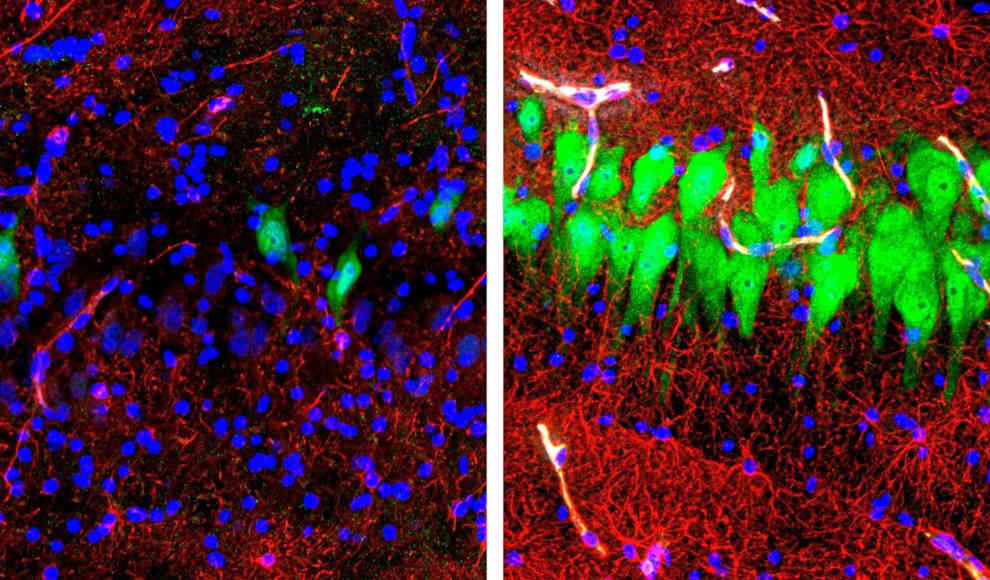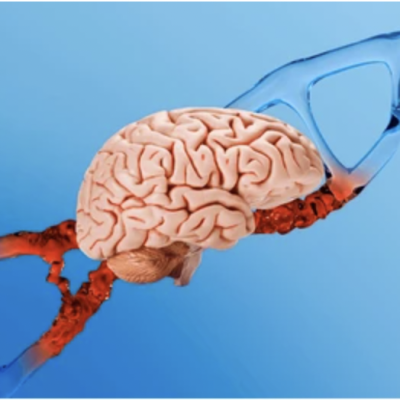In a groundbreaking experiment, scientists at Yale School of Medicine have managed to partially revive a pig’s brain four hours after its death. Using the artificial circulation system BrainEx, the researchers were able to interrupt the brain cell death and stabilize the organ. The experiment showed that the cellular regeneration of the brain can occur on a larger scale than previously thought. However, for ethical reasons, the scientists did not attempt to restore normal brain function.
The BrainEx system pumps a blood substitute and a cell-protective nutrient solution through the brain, creating a realistic simulation of the natural blood circulation. The researchers used 32 pig brains obtained from a slaughterhouse and maintained the artificial blood supply for six hours, starting four hours after the animals’ death. Although the revived brains showed some synaptic activity, the scientists did not detect any normal brain function or consciousness.
The study’s lead author, Nenad Sestan, emphasized that the brain could not be considered alive, despite its cellular activity. The researchers excluded the possibility of restoring normal brain function from the experiment from the outset, using medication to prevent it. However, the study’s results suggest that the cell regeneration of the brain may be more extensive than previously thought. The researchers hope that the cell-protective formula of BrainEx could be used in future therapies for cardiovascular diseases.
The study’s findings are a significant step forward in brain research, according to Bernd Böttiger, a researcher at the University Hospital of Cologne. The experiment could help determine how long after cardiac arrest normal brain function can be restored. However, it remains unclear whether a brain declared dead could be fully restored. The study’s results raise ethical questions about the definition of death and the potential consequences of reviving a brain.










